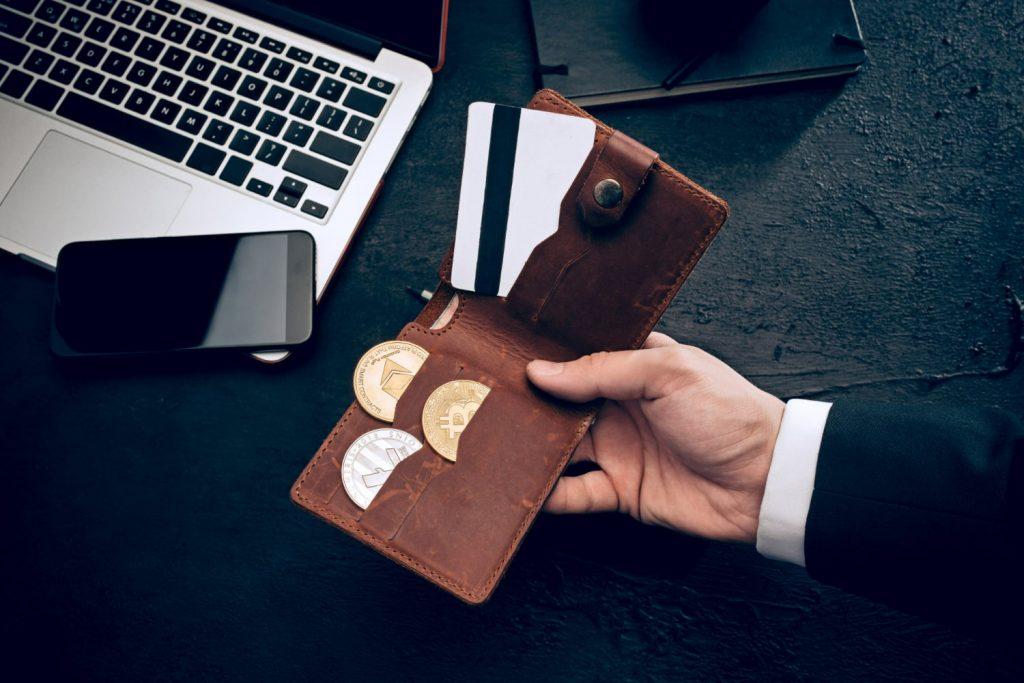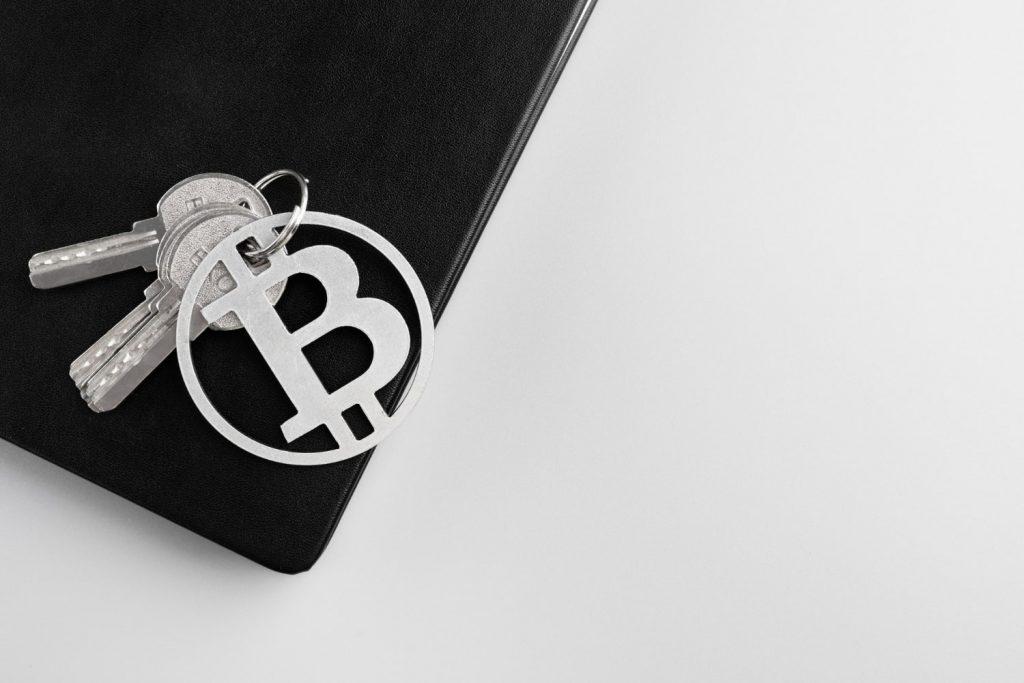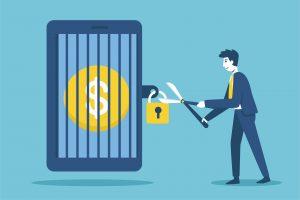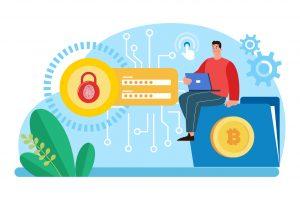Crypto is maturing. Nowadays, people prefer more control over their funds. Reportedly, 66.5% of crypto holders rely on self-custody wallets. The FTX’s fall from grace manifests the risks of custodial wallets and the need to secure your funds. Although there have been such incidents in the past, FTX being the largest and one of the trusted exchanges, the news shed light on the role of self custody wallet. But are self-custody wallets secure?
Let’s delve deeper and understand the self-custody meaning, its significance, and how to switch to a self-custody wallet.
What is a self-custody wallet?
Self custody crypto wallet or non-custodial wallets is a place to secure your digital currencies. Moreover, self-custodial wallets give users absolute control of their cryptocurrencies and private keys. So, how are they different from everyday wallets? Self-custody wallets store “private keys” to securely perform blockchain transactions.
Further, each private key corresponds to a public key together, forming the “wallet address.” And a unique pair of public and private keys are required to perform a blockchain transaction. Further, a public key is an identifier for your account in the blockchain network. Consider it as the email address you share. On the other hand, a private key helps to access your funds more like the password to your email account.
What does self-custody mean in crypto?
Crypto self custody means the owner is in full possession of the private keys rather than trusting them in exchange. Moreover, crypto owners concerned about security prefer self-custody wallets as they cannot forfeit cryptos to third parties. However, you lose the entire funds if you lose the private keys.
Benefits of Self-custody wallets
Self custody crypto wallet have the edge over custodial wallets because:
User's control over funds
In self-custody wallets, the user has sovereign control over their funds. Moreover, they need not rely on intermediaries or third parties, thus, rendering ease of use and more accessibility to these wallets.
Security
The primary reason to switch to non-custodial wallets is – security. In non-custodial wallets, no intermediaries or exchanges are involved; hence you have complete ownership over your funds.
Instant transactions
In non-custodial wallets, the downtime is less as the transactions reflect instantly in your wallet.
Low transaction cost
As no intermediaries or third parties are involved in the transactions, the cost is comparatively low. Besides, non-custodial wallet users don’t require a KYC.
What are some different kinds of Self-Custody Crypto Wallets?
The following are the different types of self-custody wallet list:
1. Mobile Wallets
A mobile wallet is a self-custody wallet app that runs on iOS and Android. Moreover, they store private keys in the device, thus, rendering ease of accessibility to pay for goods and services, trade, and buy crypto. However, these wallets are susceptible to malware and viruses. Further, it comes with an impending risk of losing your mobile.
2. Hardware Wallets
A hardware wallet is safe for storing cryptocurrency. A hardware wallet is more like a USB device with biometric locks. Whenever you need to access your cryptocurrencies, connect the hardware wallet to the computer and run the software to move the currency. They are immune to malware, viruses, and hacks, so they secure your cryptos.
3. Desktop Wallets
A desktop wallet is a software that helps to manage your cryptos on your desktop. Moreover, it stores your private keys on the computer’s hard drive. However, they are susceptible to malware infections and hacks as you need to connect them to the internet to buy or trade your cryptocurrencies.
4. Paper Wallets
A Paper Wallet is an example of a cold wallet. It is a physical paper printout containing QR codes(public and private keys). Besides, these wallets are secure as they don’t need an internet connection.
5. Smart Contract Wallet
The Smart Contract Wallets store the cryptos in smart contracts on the Ethereum blockchain. A smart contract is a layer of code on an Ethereum account. These wallets can run on mobile and desktop, and you can generate the private keys on mobile or browser. Furthermore, they can come with security measures, such as transaction limits, bundle transactions, and waiver of transaction fees using “relayers.”
Custodial wallet vs non custodial

| Custodial Wallet | Non-custodial Wallet (Self-custody) |
Custody of private key | In Custodial Wallets, the third party owns the ownership of private keys. | In non-custodial wallets, the user has ownership of the private keys. |
Transactions | Due to the intermediaries and the time involved in custodial wallets, the transactions take to reflect in the system. | Here the transactions are reflected in real-time. |
Cost | The transaction costs are usually high. | The transaction costs are low. |
Security | They store all the sensitive data and keys in centralized servers, which are not secure. | As the users own the data and keys, these wallets are more secure. |
Accessibility | You must log in to your custodial wallet account to access your funds and account details. | Non-custodial wallets are flexible as they allow you to access your cryptos online and offline. |
Backup | Users can reach out to customer support if they forget their passwords. | Users are solely responsible for private keys, and losing one’s private keys implies losing all your funds. |
Examples | Examples of Custodial Accounts are Freewallet, Binance, and Blockchain.com |
Is trust wallet self-custody?
Yes, a trust wallet is self-custody. Trust wallet is a self-custody wallet app that allows users to send, relieve, exchange, and hold cryptocurrencies and Non-fungible tokens(NFTs). The wallet is available for mobile and desktop, supporting multiple blockchain networks.
Trust wallet is the best self-custody wallet for the following reasons:
- It supports 68 blockchains and other digital assets. Hence, you can use a single wallet for all your crypto needs.
- The users have complete control over private keys.
- The wallet doesn’t charge any transaction fees.
- The wallet supports dApps and stores NFTs.
- You can stake different cryptocurrencies and earn profits.
Trust Wallet is a Binance self custody wallet, as Binance acquired it in 2018.
How to transfer crypto from an exchange to a self-custody wallet?
Self-custody wallets have a range of benefits over custodial wallets. Moreover, transferring your crypto assets from an exchange to a self-custody is easy and can be done in minutes.
The following steps to transfer your assets to self-custody wallets:
- Set up your self-custody wallet account.
The first step is to download the application on your mobile or desktop. Next, create a key and a wallet for every cryptocurrency.
- Remember your new wallet address.
Record your new wallet address. The wallet address is crucial for performing transactions through the app.
- Initiate the transfer of your assets from the exchange.
Transferring assets from custodial wallets to non-custodial wallets is simple. All you need is – your wallet address(created in the last step). Now, log in to your custodial account and transfer your funds after entering the self-custody wallet address. Further, enter the transfer amount. Review the details and confirm the payment. However, the steps may vary for different custodial services.
- Store your recovery phrase in a secure place.
After the transfer is complete, you can see the amount in your wallet. Remember to secure your recovery phrase from hackers and third parties.
Is a self-custody wallet safe?
Yes, a self-custody wallet is safe. Self-custody gives you absolute control over your funds and private keys. However, managing your recovery keyphrase and other confidential information is your sole responsibility. In short, the safety of a self-custody wallet depends on how responsible and mindful you are about funds.
Conclusion
The sparring debate of custodial vs. non-custodial wallets brings us to the expression “not your keys, not your coins.” What does it mean? Crypto enthusiasts believe you don’t own your cryptos unless you own your private keys.
Self-custody wallet renders the users’ security and financial sovereignty. Unlike custodial wallets, a self-custody wallet doesn’t store your private keys on centralized servers. However, it would help if you had some technical know-how as you lead your transactions.






